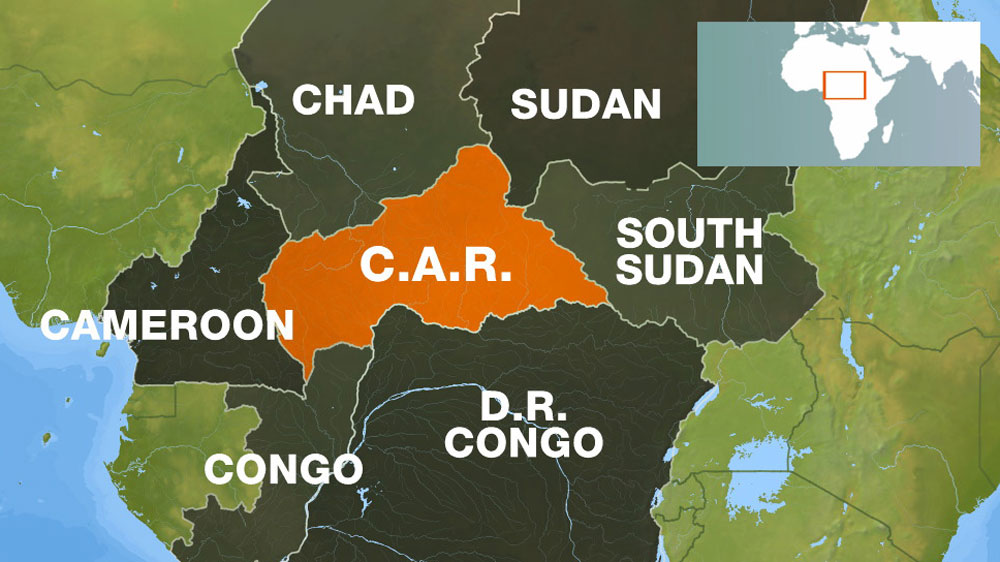The Central African Republic will be holding a runoff election at the end of the month after none of the prospective presidential candidates received a majority of votes this past Friday.

Accusations of fraud have come from about 20 of the 30 candidates who applied for the job, but despite trepidation, the election seemed to go off without any serious hitches. The election is the country’s shot at returning to a state of political stability, which has not come easily to the nation in recent years. Since the country formally received its independence from France in 1960, it has had only 5 men serve as head of state. It changed leaders by way of coups d’état until 1992, when elections were first held. A fellow by the name of Ange-Félix Patassé was elected president. He has a degree from the Center for the Artificial Insemination of Domestic Animals, which is located just outside of Paris, France. Like, politics aside, that is a hell of a career trajectory. “So, what are you studying in school?” His mom’s friends surely asked him at a social event. “Well, my degree is in jacking off animals for the meat industry. I really want to go into politics”. His rule was marked by dissatisfaction, although he did win re-election in apparently fair elections in 1999. An unsuccessful coup was made against him in 2001, and a successful one made in 2003.
François Bozizé took over, and in 2004 significant military conflict broke out between the government and various rebel factions in a series of conflicts referred to as the Bush War (not to be confused with the Iraq War–zing!) Bozizé would stay in power until 2012, winning re-election in what were probably heavily fraudulent elections. In late 2012, an alliance of rebel militias called the Séléka launched a successful coup against Bozizé. The Séléka are predominantly Muslim, while the country is predominantly Christian. Anti-Séléka groups tend to be Christian. It would be absurd to say that religion plays no part in the violent conflict, but there is a major secular, political component to the fighting as well. The Séléka does not appear to be a unified Islamic group bent on theocracy, such as groups like Boko Haram in Nigeria (or ISIS, or…). The government of Uganda actually accused the Séléka of supporting the Lord’s Resistance Army, a Christian rebel group that has been active in Uganda and nearby countries (you guys all remember Kony, I’m sure…), a charge that is likely spurious, but nonetheless demonstrates that they are thought of as not an Islamo-centric organization. The guy the Séléka put in power, Michel Djotodia, while Muslim, is also heavily acculturated in Soviet government, having lived in the Union for a decade and studied economic planning there.
The country has been considered to be in a state of civil war since the 2012 coup. Several thousand people have been killed, and around a million people internally displaced as a result of the conflict. The government has been more or less defunct since 2014, with the United Nations, the African Union, and French militaries holding things down to the best of their abilities. The former presidents of the country have been barred from running in the upcoming election.
Even if the election concludes successfully, it’s no guarantee of long-term stability. The tensions from the civil war are still very much extant. The country has little history in the way of respecting checks and balances in the government and opposing political parties. Whoever is elected must also contend with rebuilding one of the world’s poorest nations after years of terrible war.
